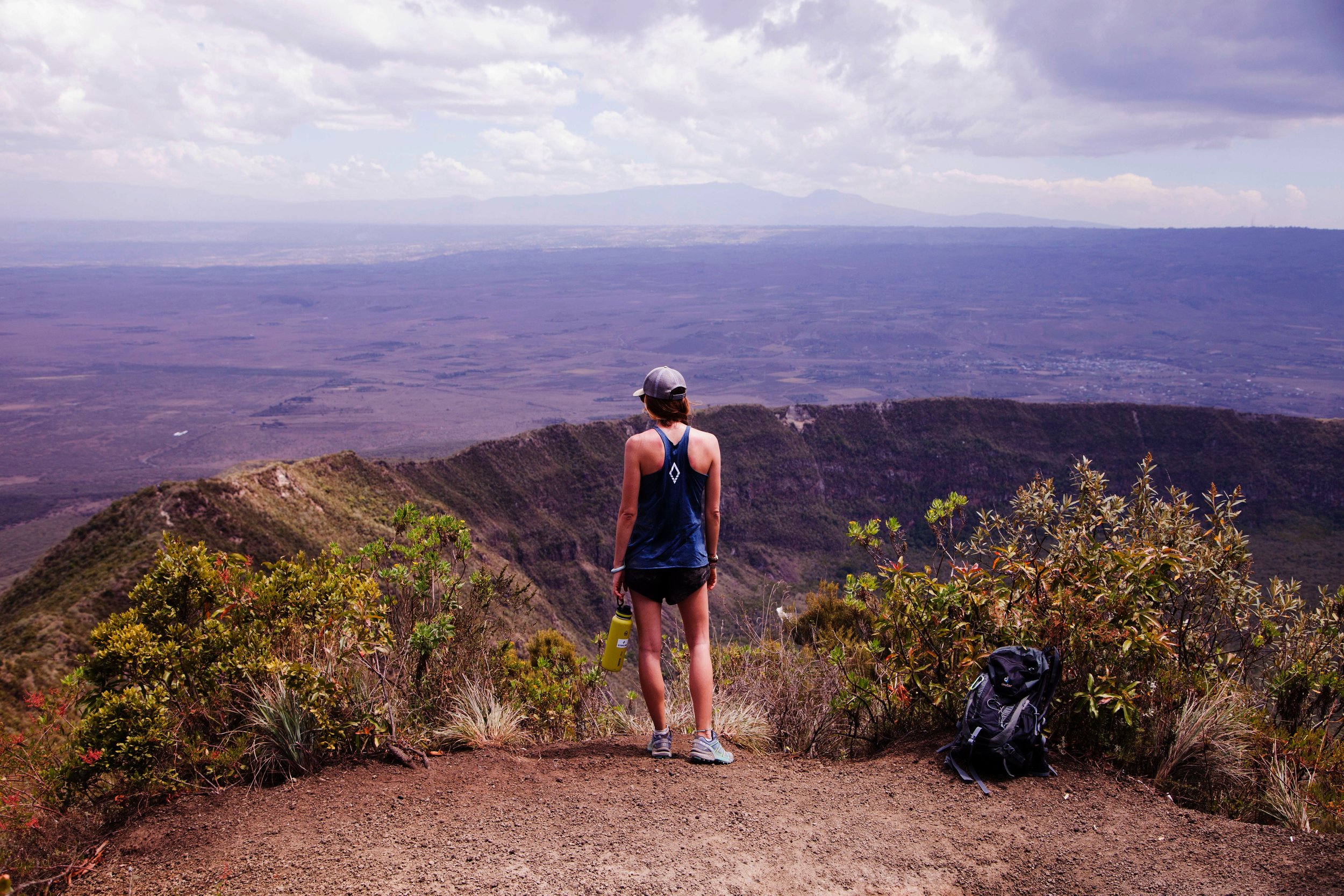In today's work environment the idea of a work-life balance can seem like a myth.
First of all - here are a few things to remember:
Work-Life Balance does not mean an equal balance - trying to schedule an equal number of hours for each of your various work and personal activities will generally not work and is unrealistic. Life is and should be more flexible than that.
Your individual work-life balance will vary over time, often on a daily basis - find what works for you, and adapt it as needed when circumstances change.
There is no perfect, one-size fits all, balance you should be striving for. The best work-life balance is different for everyone because we all have different priorities and different lives.
It seems a little ironic to be writing about work-life balance while I am at sea on a research cruise. Out here I suppose the ‘balance’ can be achieved by spending a few hours a day in the ship’s gym, or reading a book, or watching the waves and albatrosses swooping past from the deck. We’ve actually started a sort of fitness ‘club’ on this cruise, where we meet on the bow every afternoon (weather permitting) and do an hour or so of circuit training exercises – so that makes a nice break from being in the lab and gets us out in the fresh air! But in reality, you can’t escape the fact that you are confined to a 75-m-long vessel with 29 other people and a rather limited amount of space to ‘escape’ from the work you are here to do, day in, day out, on a month-long voyage! Anyway, this post is intended to discuss work-life balance in a more day-to-day context, so that’s enough about life at sea.
There is a huge amount of pressure on scientists these days to publish more papers, be involved in more projects, apply for more grants, win more contracts, add more to your CV and so on, and so on. In all of this the scales can easily get tipped in favour of work and the ‘life’ side of things falls to the wayside. But at the same time, we are increasingly aware of the potential mental health issues and stresses of working too much.
So how do you achieve a ‘work-life balance’? I’m certainly no expert in this, and I think I still have some way to go to get the balance right, but I do try and set time apart for ‘life’ and take breaks where I can escape from the work side of things. For me, this means going running, cycling, cooking and reading books. I discovered trail running while doing my PhD and quickly found that it was the best cure for a bad mood when I had had a rough day in the office. I will never be a fast runner, but for me spending time on trails and focusing on breathing, not falling over tree roots and jumping puddles is a good way to make myself forget about almost anything else. I try and cycle to work a few times a week as this gives me a great opportunity to switch off my brain for an hour or so (my commute is 25 km each way) and just focus on the world around me – cycling on the busy roads requires concentration!
I’m also trying to learn how to say “NO” more often. Whether this is to requests for extra projects at work that I don’t have time for, or going out for dinner when I would really rather go home and have an early night. Learning to prioritise the things that are most important, and that mean the most to you in the long-term is never easy, and you’ll find that inevitably those priorities will change with time.
I don’t think there is a perfect formula for a work-life balance, everyone has their own way of switching off and re-grouping. It is more a matter of finding whatever works for you, whether it is taking up old hobbies, trying something new, committing to schedule or just re-arranging things so you can get a bit more down time. There will always be phases when the balance gets a bit off-kilter, during field seasons, grant deadlines, the end of the financial year when budgets are due! It happens, but try to re-evaluate things every now and then and find that balance again if you’re feeling snowed under.
There is a wealth of information available online, but here are a few articles that might be of interest, and of course we would love to hear any comments or thoughts you might have.








